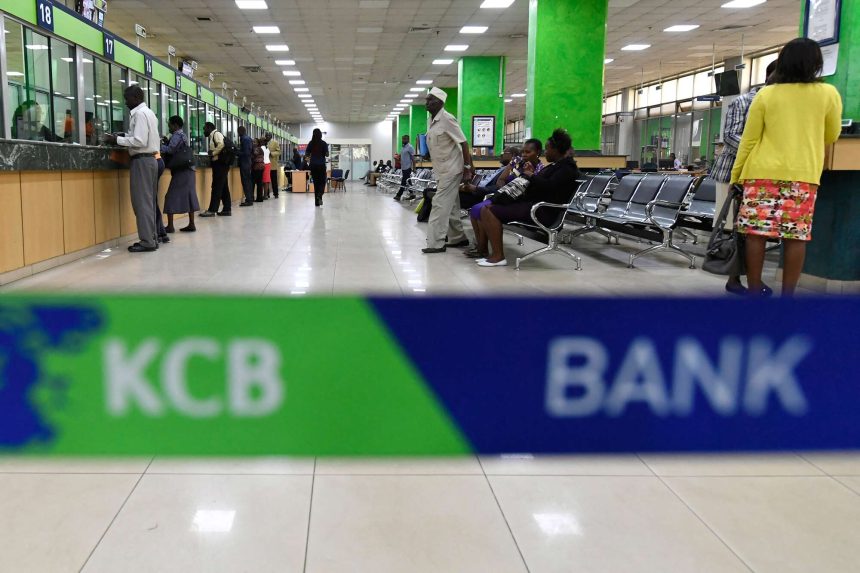Kenya’s public debt shot up by Ksh1.93 trillion ($13.3 billion) in the year ended December 2023, raising the country’s indebtedness to a new high of Ksh11.14 trillion ($76.83 billion).
This translated to a daily increase of Ksh5.29 billion ($36.5 million) for the entire 2023, the year when the Kenyan shilling shed 26.8 percent of its value against the US dollar.
The shilling’s depreciation had a heavy impact on external public debts, accounting for 73 percent (Ksh1.4 trillion) of the Ksh1.9 trillion increase during the year.
“The gross public debt as at December 31, 2023, increased by Ksh1.93 trillion to Ksh11.1397 trillion compared to Ksh9.2 trillion ($63.45 billion) as at the end of December 2022. The gross public debt comprised 54.7 percent external debt and 45.3 percent domestic debt,” Treasury reported in the October-December 2023 quarterly economic and budget review report.
“The increase in the public debt is attributed to external loan disbursements; exchange rate fluctuations; and uptake of domestic debt during the period.”
From January to the end of December 2023, total external public debt increased by Ksh1.416 trillion, hitting Ksh6 trillion.
On the other hand, total domestic debt increased by Ksh514.48 billion, to hit Ksh5 trillion.
External debts dominated the increase in the total public debt stock to account for 73 percent of the increase as the Kenyan Shilling depreciated heavily against the US Dollar, since the foreign currency accounts for more than two thirds of external debts.
Between the end of December 2022 and December 2023, the shilling lost 26.8 percent value, from trading at 123.37 units against the dollar to trading at 156.46 units. This meant that a Kenyan (or the government) purchasing dollars for debt service or importation of goods spent Ksh33 more to access $1 by end of December 2023, than they required a year earlier.
“In dollar terms, external public debt stock increased by $1.04 billion from $37.878 billion in December 2022 to $38.92 billion by the end of December 2023. The increase is attributed to increase in external loans disbursements and exchange rate fluctuations during the period,” Treasury reported.
Multilateral loans — accessed from organisations such as the World Bank and the International Monetary Fund (IMF) — had the highest increase of $1.62 billion. Bilateral loans (from other countries), however, dropped by $692.72 million to $9.089 billion in the year to December.
“Compared to the same period in FY 2022/23, external public debt stock from multilateral institutions, commercial banks and from suppliers’ credit recorded an increase of Ksh1.62 trillion, Ksh105.4 billion and Ksh8.8 billion respectively in the period ending December 2023. Stock from bilateral sources recorded a decrease of Ksh692.7 billion in the period under review,” Treasury reported.
The stock of gross domestic debt increased from Ksh4.53 trillion in December 2022 to Ksh5,05 trillion in December 2023, led by increase in debt from non-banks by Ksh303 billion, commercial banks debts which increased by Ksh92.3 billion, and debt from the Central Bank of Kenya which raised by Ksh77.2 billion to Ksh224.47 billion.
“The stock of Treasury Bills held by CBK, Commercial Banks, Non-Banking Financial Institutions and Non-Residents declined by Ksh124.6 billion from Ksh671.5 billion in December 2022 to Ksh546.9 billion in December 2023,” Treasury stated.
“The total stock of Treasury Bonds, which include Floating, Fixed Rate, Special and Zero-Coupon Bonds, increased by Ksh196.8 billion from Ksh2.53 trillion in December 2022 to Ksh2.73 trillion in December 2023.”



